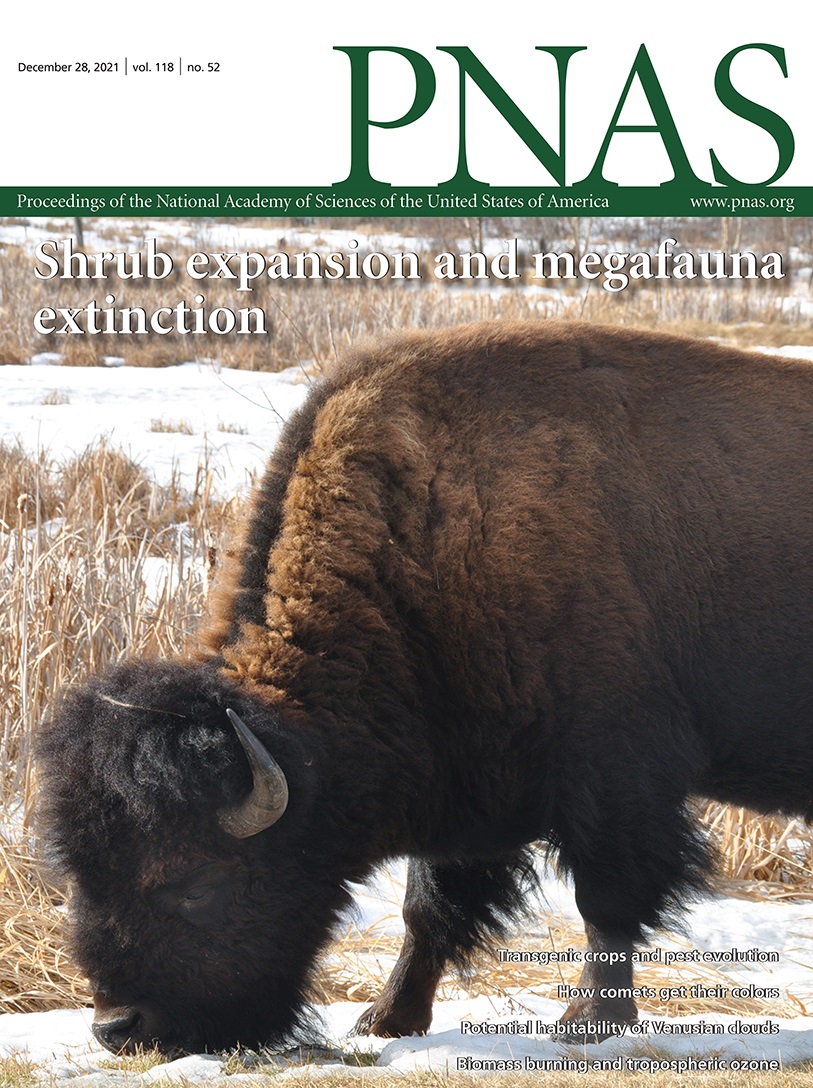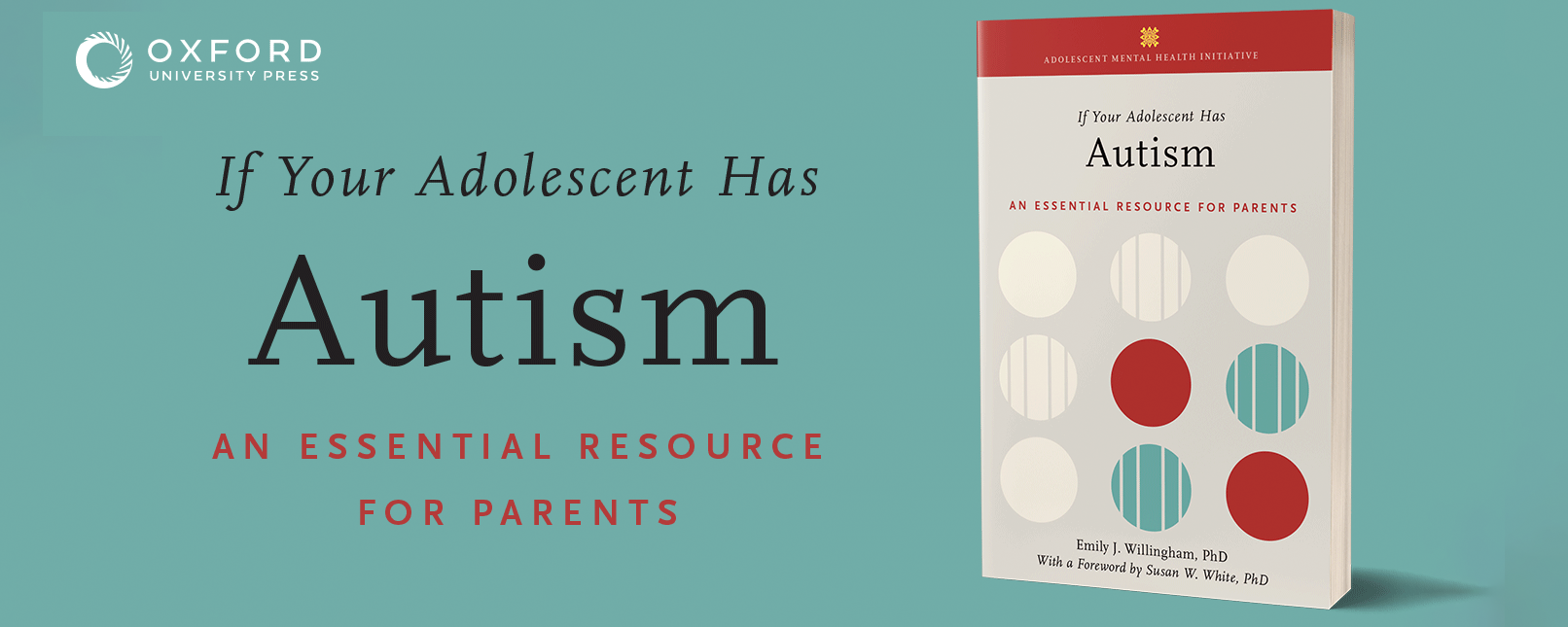 Significance
Significance
In communities that remain below the immunity threshold needed to blunt COVID-19’s spread, SARS-CoV-2 has a greater chance of mutating to evade vaccines. This study underscores the central role of trust and knowledge in increasing the likelihood of vaccinating. Trust in scientific institutions and spokespersons anchors time 1 vaccination intentions and knowledge affects them at both times 1 and 2. These background (non–COVID-specific) factors as well as flu vaccination history and patterns of media reliance played a more prominent role in shifting individuals from vaccination hesitance to acceptance than did COVID-specific ones. The study underscores the need for ongoing community engagement and trust building, proactive communication about vaccination, motivating vaccination against seasonal flu, and deploying science-consistent, provaccination voices across media.
Abstract
Although declines in intent to vaccinate had been identified in international surveys conducted between June and October 2020, including in the United States, some individuals in the United States who previously expressed reluctance said, in spring 2021, that they were willing to vaccinate. That change raised the following questions: What factors predicted an increased willingness to inoculate against COVID-19? And, to what extent was the change driven by COVID-specific factors, such as personal worry about the disease and COVID-specific misinformation, and to what extent by background (non–COVID-specific) factors, such as trust in medical authorities, accurate/inaccurate information about vaccination, vaccination history, and patterns of media reliance? This panel study of more than 8,000 individuals found that trust in health authorities anchored acceptance of vaccination and that knowledge about vaccination, flu vaccination history, and patterns of media reliance played a more prominent role in shifting individuals from vaccination hesitance to acceptance than COVID-specific factors. COVID-specific conspiracy beliefs did play a role, although a lesser one. These findings underscore the need to reinforce trust in health experts, facilitate community engagement with them, and preemptively communicate the benefits and safety record of authorized vaccines. The findings suggest, as well, the need to identify and deploy messaging able to undercut health-related conspiracy beliefs when they begin circulating.


